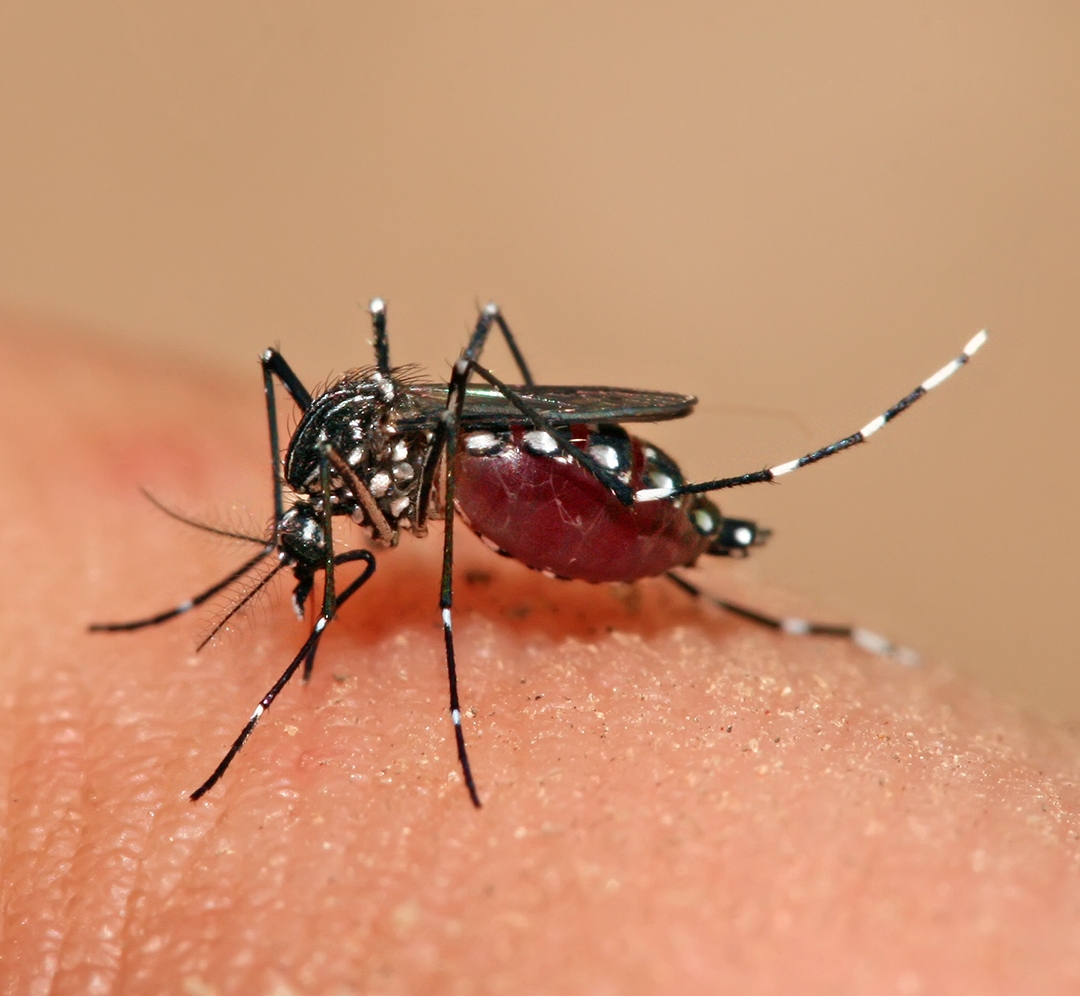
Brazil — fears over GM mosquito
When the use of genetically modified mosquitoes was authorised earlier this year in the town of Jacobina in the interior of the Brazilian state of Bahia, it was supposed to put an end to the dengue fever that was ravaging the region.
This is the first large-scale test of the GM mosquito, developed by a British company, Oxitec. A lethal gene is introduced into male Aedes aegypti mosquitoes, which are then released. They will infect females, which will then produce offspring that die before they can reproduce.
At the time there were concerns that the biotechnology had not been adequately tested. According to PRI radio (which works in partnership with the BBC), some health officials and scientists were worried that female mosquitoes would sometimes be released along with the males, and that their bites could cause allergic reactions. There was also a risk that some of the offspring of the GM mosquitoes could survive, with unknown consequences, along with the possibility that as Aedes aegypti mosquitoes were killed off, other species would just take their place.
Dr. Helen Wallace, from the organization GeneWatch, was concerned that a British company was “going to developing countries claiming they have a solution to a very serious problem there, without being totally transparent about the potential risks.”
Now it seems that some of the fears may have been justified. The mayor of Jacobina has just announced a state of emergency because of “the abnormal situation characterised as a biological disaster of the dengue epidemic”. It is as yet too soon to know what precisely has caused the epidemic.

